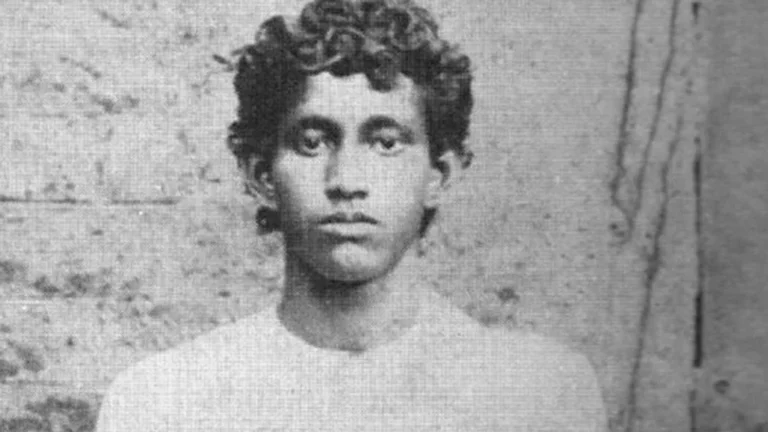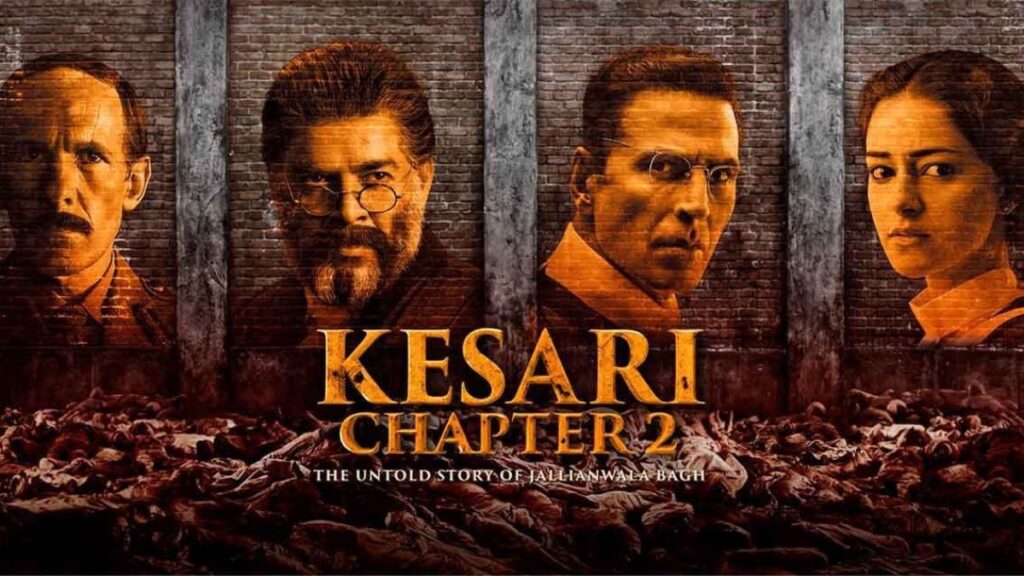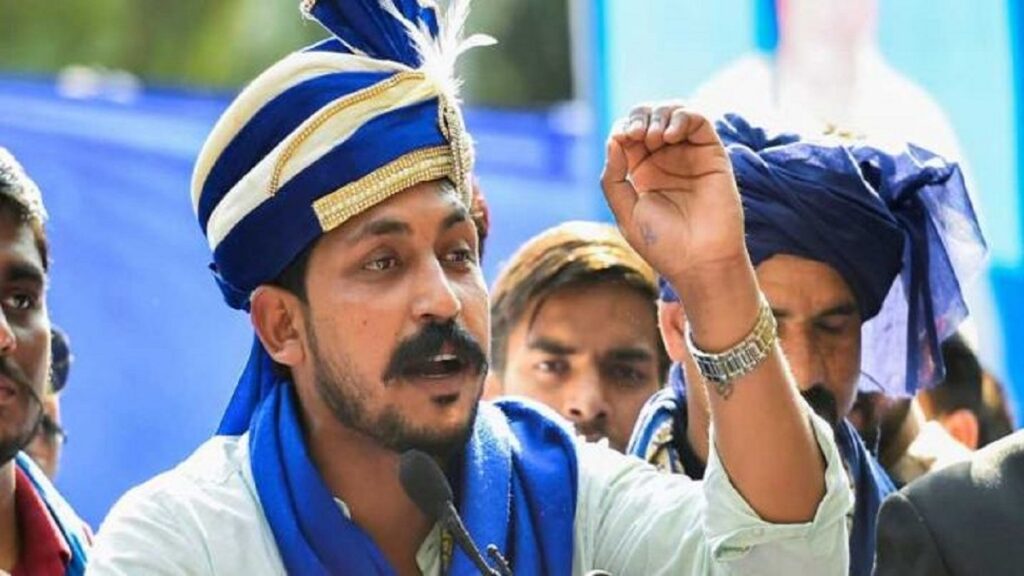TMC Accuses Akshay Kumar’s Film of Insulting Bengal’s Freedom Struggle Icons
A fresh controversy has engulfed Bollywood after Kesari Chapter 2, starring Akshay Kumar, came under fire for allegedly misrepresenting the legendary Bengali freedom fighter Khudiram Bose. According to Trinamool Congress (TMC) leader Kunal Ghosh, the film mistakenly refers to the revolutionary icon as “Khudiram Singh,” sparking outrage across West Bengal. With political voices demanding an apology and some even calling for legal action, the controversy raises serious questions about historical accuracy in Indian cinema—and the responsibility of filmmakers while portraying national heroes.
Who Was Khudiram Bose? The Revolutionary Martyr of India’s Freedom Struggle

Khudiram Bose remains one of the most iconic and revered figures in India’s freedom movement, particularly in Bengal. Born on December 3, 1889, in Medinipur (now in West Bengal), Khudiram was deeply influenced by the rising nationalist sentiment in the early 20th century. He joined the Anushilan Samiti, a revolutionary organization, at a young age and became known for his fearless spirit and patriotic zeal.
At just 18 years old, Khudiram Bose made headlines when he attempted to assassinate British judge Douglas Kingsford, who was notorious for his harsh judgments against Indian nationalists. Along with fellow revolutionary Prafulla Chaki, Khudiram threw a bomb at a carriage he believed was carrying Kingsford. Tragically, the attack killed two British women instead, leading to a massive manhunt.
While Prafulla Chaki chose to end his life to avoid arrest, Khudiram was captured, tried, and sentenced to death. On August 11, 1908, he was executed by the British at the age of 18, becoming one of India’s youngest martyrs. His bravery, composure during trial, and patriotic slogans made him a symbol of youth-driven resistance against colonial rule.
To this day, Khudiram Bose’s legacy is celebrated across Bengal and India. His name evokes emotion, pride, and the spirit of defiance against oppression. Any misrepresentation of his identity is therefore viewed as a serious affront to India’s revolutionary history.
TMC Demands Apology for Misnaming Khudiram Bose as Khudiram Singh
A fresh controversy has erupted in West Bengal’s political and cultural circles following the alleged misnaming of Khudiram Bose as “Khudiram Singh” in Akshay Kumar’s upcoming film Kesari Chapter 2. Trinamool Congress (TMC) leader Kunal Ghosh strongly condemned the filmmakers, accusing them of distorting Bengal’s freedom struggle history in a deliberate and disrespectful manner.
“This is an insult to Bengal and its revolutionary past,” Ghosh said in a press statement. “Khudiram Bose is not just a name, he is an emotion for us. Changing it to ‘Khudiram Singh’ shows either shocking ignorance or a planned attempt to erase Bengal’s contribution.”
#WATCH | Kolkata, West Bengal: On Akshay Kumar's 'Kesari Chapter 2' film, TMC leader Kunal Ghosh says, "Bengali freedom fighters have been insulted in the film. Khudiram Bose has been changed to Khudiram Singh. What is this? The basic facts and names have been distorted. Bengal's… pic.twitter.com/tYfPJh4gKV
— ANI (@ANI) June 19, 2025
The film, which is said to portray various episodes from India’s colonial resistance, allegedly misidentifies Bose, triggering political backlash. Ghosh added that such distortions are not mere errors, but carry deep implications for cultural and historical memory. “We are demanding an apology from Akshay Kumar and the makers of Kesari Chapter 2. Bengal’s identity cannot be compromised for cinematic convenience,” he said.
The controversy comes amid a growing trend of Bollywood films facing criticism for historical inaccuracies. While cinematic liberties are often debated, many regional parties argue that there is a thin line between dramatization and distortion. In Bengal, where pride in freedom fighters like Netaji Subhas Chandra Bose, Khudiram Bose, and Matangini Hazra runs deep, such misrepresentations quickly become flashpoints of protest.
Several organizations and individuals are reportedly considering legal action against the filmmakers. While no official complaint has yet been filed, the possibility of a court battle cannot be ruled out.
Bangla Ekata Mancha strongly condemns the team of Kesari Chapter 2 for the shameless distortion of history — changing the names of iconic Bengali revolutionaries like Khudiram Bose, Barin Ghosh & Hemchandra Kanungo is an insult to India’s freedom struggle. pic.twitter.com/rlmfq6X37j
— Bangla Ekata Mancha-Bengal Unity Alliance (@Bangla_EkataM) June 18, 2025
Akshay Kumar and the production team have not yet responded publicly. If the backlash continues to grow, it may force the team to issue a clarification, make necessary corrections, or face boycott calls in regions like West Bengal.
This incident highlights the responsibility filmmakers carry when depicting historical events and personalities. For many Indians, especially in culturally sensitive regions, freedom fighters are not just historical figures—they are personal heroes. Misrepresenting them is seen as not just careless but offensive. As this issue gains traction, the onus now lies on the filmmakers to correct course and acknowledge the hurt sentiments—before the controversy snowballs into a national debate.





















